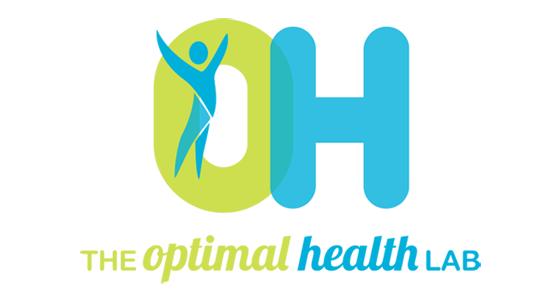
Going en-pointe is a massive step for any ballet dancer. We take great joy in supporting local dance schools to best navigate a safe transition onto pointe shoe work by offering a specialised assessment with our Physiotherapist Lauren McLinden (nee Campbell). This comprehensive assessment from The Optimal Health Lab’s resident dance physiotherapist Lauren will determine your timing and readiness for pointe shoes.
Our 45-minute assessment explores the biomechanical factors and strength related to safely dancing en-pointe. No need to bring your ballet shoes (because Lauren needs to see your feet + toes easily), but please wear tight clothes (or your normal ballet class attire) and do leave 10mins before the appointment starts to fill in your dance history for us.
If you are not successful at fulfilling all the requirements on your initial visit, you will be given an ndividualised strength program to help you before your reassessment. Recommendations from your assessment (no matter if its successful or unsuccessful) will be fed back to your dance teacher (with your consent), or they are welcome to attend with you.
Lauren is passionate about making the dance world a safe, enjoyable and minimally riddled by niggles, injuries and forced time on the sitting watching! Supporting these efforts, Lauren offered workshops to local dance school on topics like Strength and Conditioning for Performers, Dance Injury Education, Pilates programming for dancers and information sessions for families on supporting your dancers to eat well, sleep well, hydrate well and dance happily. Please be in touch via admin@optimalhealthlab.com.au if you're interested in booking one of these sessions!
We are a team of experienced, collaborative clinicians that believes in the power of excellence and community.
Our Team:


OHL is integrating a new athletic screening assessment into its practice to further enhance our community's sporting ability. This screening assessment combines range of motion, strength profiling, force deck analysis, and subjective training status to give athletes a comprehensive performance snapshot. By establishing a baseline and identifying key areas for improvement, we can tailor your training to enhance performance, provide insight on key metrics, and stay resilient throughout the season. Whether you're preparing for preseason, managing midseason demands, or simply aiming to train smarter, this assessment delivers the data-driven insights you need.

If you're experiencing back or neck pain with neurological signs and symptoms, a thorough neurological examination is crucial for accurate assessment and effective treatment. In this Optimal Tip learn more about what we mean by completing a neurological exam!

Squats, deadlifts, and calf raises are key movement patterns that should be part of every strength and conditioning program—regardless of age and activity level. These functional movements support joint health, improve posture and balance, and reduce the risk of injury while building strength where it matters most.



